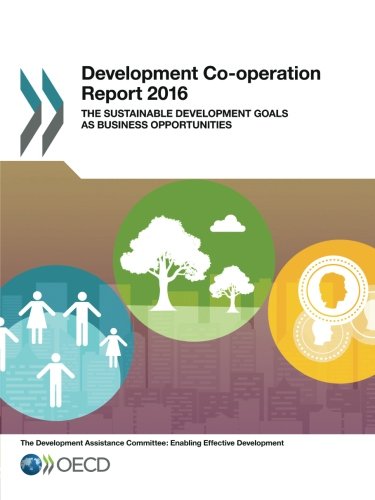

Most ebook files are in PDF format, so you can easily read them using various software such as Foxit Reader or directly on the Google Chrome browser.
Some ebook files are released by publishers in other formats such as .awz, .mobi, .epub, .fb2, etc. You may need to install specific software to read these formats on mobile/PC, such as Calibre.
Please read the tutorial at this link: https://ebookbell.com/faq
We offer FREE conversion to the popular formats you request; however, this may take some time. Therefore, right after payment, please email us, and we will try to provide the service as quickly as possible.
For some exceptional file formats or broken links (if any), please refrain from opening any disputes. Instead, email us first, and we will try to assist within a maximum of 6 hours.
EbookBell Team

4.1
40 reviewsThe face of development has changed, with diverse stakeholders involved – and implicated – in what are more and more seen as global and interlinked concerns. At the same time, there is an urgent need to mobilise unprecedented resources to achieve the ambitious Sustainable Development Goals (SDGs). The private sector can be a powerful promoter of sustainable development. Companies provide jobs, infrastructure, innovation and social services, among others. Increasingly, investments in developing countries – even in the least developed countries – are seen as business opportunities, despite the risks involved. The public sector can leverage the private sector contribution, helping to manage risk and providing insights into effective policy and practice. Yet in order to set the right incentives, a better understanding is needed of the enabling factors, as well as the constraints, for businesses and investors interested in addressing sustainable development challenges.
The Development Co-operation Report 2016 explores the potential and challenges of investing in developing countries, in particular through social impact investment, blended finance and foreign direct investment. The report provides guidance on responsible business conduct and outlines the challenges in mobilising and measuring private finance to achieve the SDGs. Throughout the report, practical examples illustrate how business is already promoting sustainable development and inclusive growth in developing countries. Part II of the report showcases the profiles and performance of development co-operation providers, and presents DAC statistics on official and private resource flows.